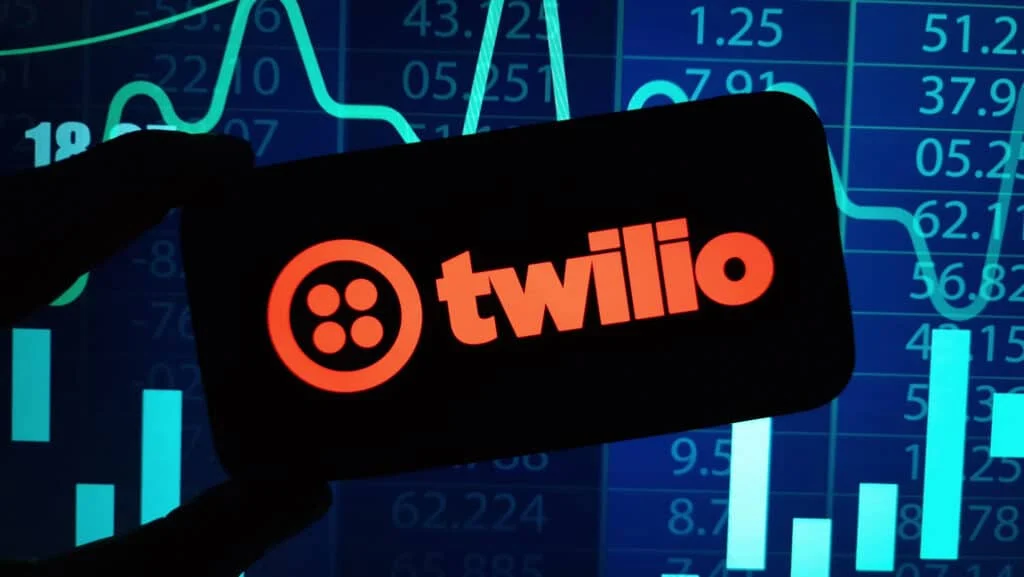The Six Five team discusses the Adobe Q4 2023 Earnings; CMA Shows Up 18 Months.
If you are interested in watching the full episode you can check it out here.
Disclaimer: The Six Five Webcast is for information and entertainment purposes only. Over the course of this webcast, we may talk about companies that are publicly traded and we may even reference that fact and their equity share price, but please do not take anything that we say as a recommendation about what you should do with your investment dollars. We are not investment advisors and we ask that you do not treat us as such.
Transcript:
Patrick Moorhead: Let’s hit one topic but two, you’re going to hit a twofer folks. Adobe Q4 earnings and the CMA decides to show up 18 months afterwards, they try to buy Figma.
Daniel Newman: So there you have it. Anyways, no I’m kidding. So Adobe had a good quarter, they beat on top, beat on bottom and then the stock got pummeled immediately in the follow-up. I haven’t looked at it in the runup since then. I’m pulling that up right now. But it got pummeled and interestingly enough, why is the question, and as we’ve said event after event after event where this has happened, it’s always the guide. So there was some softness in the guide from Adobe following what was another really great quarter. The company’s been on top of the gen AI trend. The company’s seen growth across all its businesses basically document creative and experience clouds and they’ve continued to grow and diversify, but they also did announce this CMA thing and the possibility that Figma, so it was actually funny, I was chatting on Twitter X with Ed Ludlow and he was asking the same question, Ed is the host of Bloomberg Tech and he said, “Was it the guide or was it Figma?”
And so the overall earnings by the way are really good. The question I’m kind of asking about the guide is that we’re seeing this, I don’t know if you saw Pat, but the Fed came out this week and said that we’re likely going to see interest rates cuts next year. Our GDP is really strong. Labor is still pretty tight, but there seems to be such a mixed opinion of whether or not next year is going to be a good one or not. So you’re seeing some guidance softness and I often wonder when CEOs guide down if it’s more of a play it safe strategy or if we’re really seeing that next year is going to have real softness.
I’m actually going to talk to the president of Adobe’s experience business today, I think it’s Chakravarthy, and I’ll be talking to him and I’ll get a little bit more on this Pat, but the long and short is is that right now the expectation of every business is you’re hitting your good numbers and you’re guiding up. Is the Figma thing really a big deal? I’m going to let you take that topic, Pat, but my overall opinion is that the market, I think when a deal sits this long, they start to, every month it goes, they write down the value in terms of their mind and how much it’s impacting the stock. I still think this deal gets done, but I do think the CMA is a new meaningful hurdle. So overall, that’s my take on this one.
Patrick Moorhead: I just can’t believe, well first of all, on the future of Adobe without Figma, I look at the rate and speed that they brought out things like Firefly and I look at how many people in the creative space use Adobe tools and it’s like they’re not going to be outfoxed by a startup as it relates to generative AI, right? They’ve proven that. And that should mean that should mean a lot. I know they need to show up with the dough, but sorry guys. Sorry folks, that was my dogs barking. The dog walkers are here, but that aside, Adobe has a solid future regenerative AI, they didn’t get out foxed by a startup. As it relates to Figma, for regulators to come in 18 months after should be an abomination, right? You literally can’t come up with a point of view until 18 months after it’s filed. I think there’s something wrong with that.
And once again, we have regulators that are looking to the potential future. I got to tell you, people are not trying to edit photos and videos with Figma. It’s not about that. It’s folks doing design and wireframes and experience frames for the web, a website. I mean, so nobody’s using Figma for what they would use Adobe products for and vice versa. And Adobe has basically shut down XD, which was their attempt, and they realized that it’s just not something that they’re going to be good at. I felt so strongly about this. I actually submitted a signed paper into regulators a couple weeks back voicing my opinion on, I don’t know if the audience would be interested in reading that, but maybe I’ll throw that into the show notes. I’ve never done that before, but I’m starting to… Dan, only things about the experience is things get easier and you have clarity in thought and you can draw on a lot of history, but I think I’m going to start doing this more.
I mean, why just chat about it on Twitter and maybe write some articles when I could submit my paper into the competition committees to air these types of things out?
Daniel Newman: Yeah, I am excited to hear how that goes. Pat. I guess with the EU though, the EU is probably, and in this case the CMA, which is England, so not EU, but they’re a taxing station, not necessarily a innovation station, meaning this is a group of people that are always looking for a way to tax. So if nothing else raising this now gives them a reason to later look for ways to find tax and monetize, which has been, unfortunately, I’m not trying to be hard on my European friends, it’s just no innovation going on there, but if you look at how many billions they’ve raised by taxing, sorry, fining Facebook, Google, Microsoft, Qualcomm, is there anybody that hasn’t been on the tax block over there over the last decade and it’s generally they use privacy or competition as a vehicle to raise dollars. So I don’t love it. I do think it gets done, but this is definitely a speed bump.
Patrick Moorhead: I wonder if this is a flex too, which says, “Hey, I’m not part of the EU anymore and I’m going to show how this can be done.” I think the downstream effects of what the CMA is doing, and I’ll throw the EU under the bus with the AI stuff, is that you’re going to have creators and inventors who just won’t want to invent either in those countries or for those countries and the United States needs to watch itself too.
Daniel Newman: Did you see my comments on that? AI Act? I wrote a Twitter diatribe about it. Basically, my opinion is they’re just setting up a tax scheme. I mean, no AI is being invented there. There’s nothing being done from an innovation standpoint. All they’re doing is setting a bunch of guidelines and frameworks that will later allow them to have more privacy requirements that they can ultimately drive more fines from Big tech.
Patrick Moorhead: There are a couple of companies over there. HB partnered with one of the model providers, but for the most, I mean 98%, right? It is being done outside of that region.
Daniel Newman: Yeah. Okay. Well then you know what? In fairness, let me just say that ultimately I think there’s some good intent in Europe, but the way the intent is executed is rather than using these things to build and innovate, they end up using them to fine.
Author Information
Daniel is the CEO of The Futurum Group. Living his life at the intersection of people and technology, Daniel works with the world’s largest technology brands exploring Digital Transformation and how it is influencing the enterprise.
From the leading edge of AI to global technology policy, Daniel makes the connections between business, people and tech that are required for companies to benefit most from their technology investments. Daniel is a top 5 globally ranked industry analyst and his ideas are regularly cited or shared in television appearances by CNBC, Bloomberg, Wall Street Journal and hundreds of other sites around the world.
A 7x Best-Selling Author including his most recent book “Human/Machine.” Daniel is also a Forbes and MarketWatch (Dow Jones) contributor.
An MBA and Former Graduate Adjunct Faculty, Daniel is an Austin Texas transplant after 40 years in Chicago. His speaking takes him around the world each year as he shares his vision of the role technology will play in our future.







